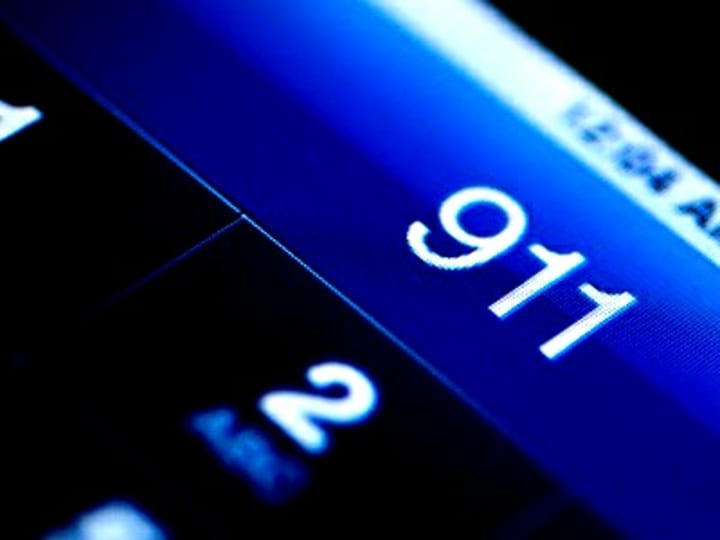The new law is intended to save lives by encouraging people to seek medical assistance whenever a drug overdose occurs — protecting those who, in good faith, seek medical assistance for an overdose victim from arrest and prosecution on a charge of use or simple possession of illegal drugs.
The immunity also applies to the person suffering the overdose.
“This law truly will save lives,” Hoffman said this morning, “but only if we raise public awareness and ensure that police comply with it, so that those who find themselves in a crisis involving an overdose can have faith that if they call for assistance, their involvement or association with illegal drug use will not land them in jail.
“To be clear, this law does not give immunity to drug dealers or those who make no sincere effort to help a victim,” he added, “but it should give others the confidence to do the right thing when a life is in danger.”
Elie Honig, director of the stateDivision of Criminal Justice, added: “In that critical moment when a life hangs in the balance, this law should focus would-be Good Samaritans on making the right call – a call for help.
“Meanwhile, police who are called to respond also need clear guidance about how to handle what is likely to be a chaotic and emotional situation. This directive was drafted to provide that guidance.”
The directive lists the specific offenses for which the law provides immunity — including obtaining, possessing, using, being under the influence, or failing to make lawful disposition of any controlled dangerous substance.
It doesn’t stop police from arresting people for offenses involving the manufacturing or trafficking of illegal drugs.
And it doesn’t remove liability for a drug-induced death or for driving while under the influence of an intoxicating substance.
Although the statute specifically grants immunity only to the specific person who calls 911 or otherwise seeks medical assistance and the person who suffered the overdose, the directive gives police leeway:
“Consistent with the spirit of the law and its overriding purpose to reduce disincentives to seeking prompt medical help, where it can reliably be determined that two or more persons were present at the time that the request for medical assistance was made and were aware of and participating in that request, police and prosecutors should proceed as if those persons had collaborated in making the request for medical assistance, even though only one of them actually placed the call to the 9-1-1 emergency system or otherwise made the request for medical assistance. Persons who in this manner collaborated in making the request for medical assistance should not be arrested or prosecuted for an offense [for which immunity is granted under the law].”
The entire directive can found be here: www.njpublicsafety.com
Click here to follow Daily Voice Rutherford and receive free news updates.


